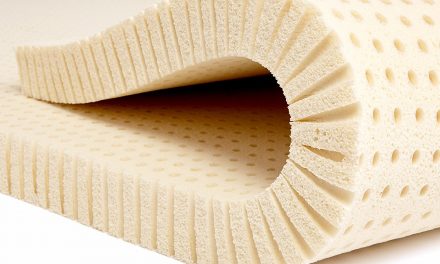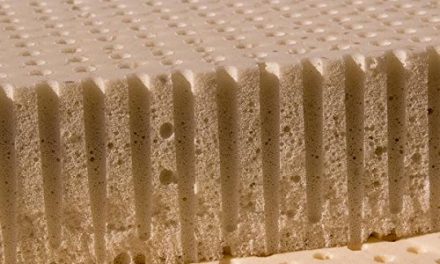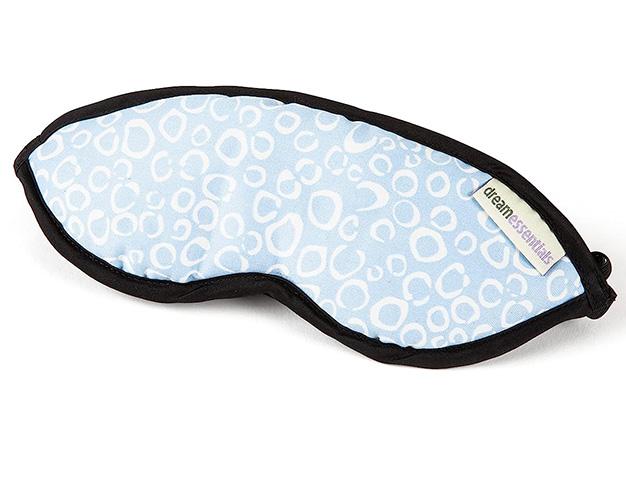Conventional mattress brands primarily use polyurethane foams. These are mostly petroleum-based. Memory foam is a type of foam that molds itself to your body shape. It keeps its mold shape for a delayed period before returning to its original shape. The manufacturing process of this type of foam typically involves additional chemicals.
Memory foam and off-gassing chemicals
Studies have shown that prolonged exposure to off-gassing chemicals from polyurethane and memory foam can lead to several adverse health effects. These include cancer, autoimmune weakness, allergies, asthma, infertility, child behavior disorders, and miscarriages. Additionally, prolonged exposure to off-gassing chemicals may affect the nervous and immune systems.
Some companies employ harsh perfumes to mask the repulsive odor of the chemicals used in mattress construction.
Companies market themselves as “eco-friendly,” “natural,” or “plant-based.”
Natural mattress shoppers should be wary of companies that use terms like “plant-based,” “eco-friendly,” or bio-based” to refer to the foam in their mattresses. Companies often use these terms to brand themselves as eco-friendly or green.
Most of the time, natural ingredients account for less than 30% of the ingredients used in polyurethane and memory foams. Sometimes, only a little corn or soy oil is added to the mix, and the product is called plant-based.
If you are unsure, contact the manufacturer you are interested in purchasing from to ask if any foam is petroleum based and what percentage.
















